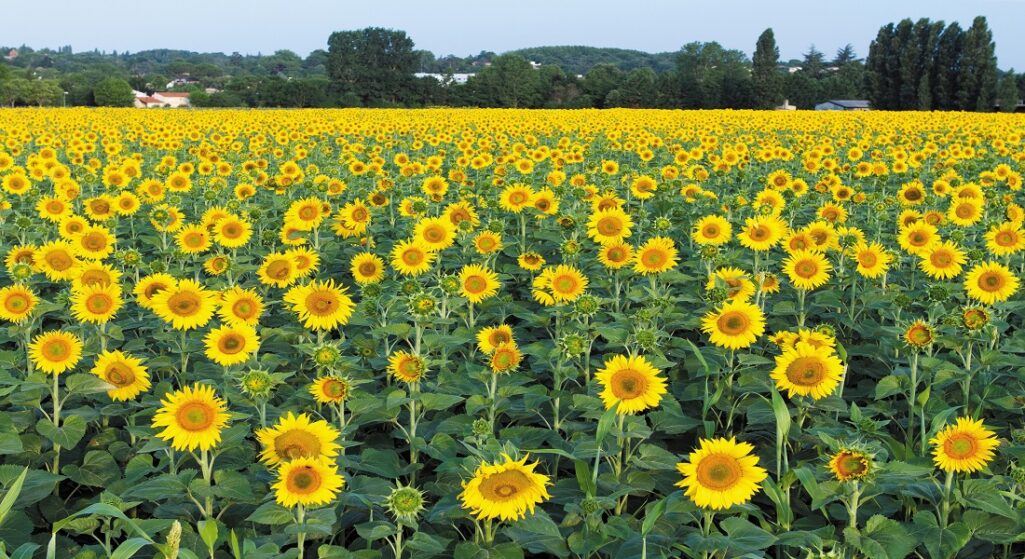This Is Why Zimbabwe Government Wants To Make Sunflower Farming Compulsory For All Farmers


Over the years, Zimbabwe has not had any serious promotion of sunflower farming, yet the country has a high demand for sunflower oil. As a result, it spends up to $200 million a year on sunflower oil imports. Zimbabwe’s minister for lands, agriculture, water, and rural resettlement, Dr. Anxious Masuka, said the annual imports of crude sunflower oil from South Africa range from 55,000 and 65,000 tonnes. This commodity mainly helps to produce cooking oil.
However, Zimbabwe is set to drastically reduce its spending on sunflower imports. This comes after the government made a strategic decision to grow the crop locally. That way, it aims to stop importing cooking oil for use in homes and save money. Following this decision, the government has made sunflower a mandatory crop for every farmer.
ALSO READ: Zimbabwe Government Bans Mining Inside Hwange National Park
To start with, it has already held talks with the Agricultural Development Authority (ARDA) to begin mass production of sunflower seeds. Meanwhile, Dr. Masuka stated that the government has begun importing the seeds from South Africa. The first batch is expected in the country soon. The minister also revealed that the government targets to place about 120 hectares under sunflower in rural areas.
The crop needs a cool climate at germination and seedling growth stages. Then, it grows well in warm weather until maturity. Research conducted in Matabeleland and other regions in Zimbabwe suggests that the country’s soils and climate can support the successful framing of sunflower.
Benefits to Sunflower Farming
Sunflower is one of the profitable crops in the region. So, farmers have an opportunity to earn more from their lands. For example, a farmer who has been cultivating maize or beans can now earn more from the same piece of land by turning to sunflower farming. Given that this crop is drought resistant, it can grow in any area. Thus, it is good news to farmers who have been losing crops to drought.
The government will be issuing sunflower seeds to farmers starting the next summer farming season. It targets to issue at least 600 tonnes of seeds. The Grain Marketing Board is one of the channels through which the government will distribute seeds to farmers. It has also made sunflower seeds a part of the Pfumvudza/Intwasa program. This is an agricultural approach adopted by the Zimbabwean government to enhance crop yield and household food. Dr. Masuka said,
ALSO READ: Zimbabwe Has A Plan To Deal With People Who Cannot Justify Their Wealth
“Cotton and sunflower must be the principal cash crops for communal areas and old resettlement areas, which is why we are putting quite a lot of sunflower seeds. We have received 417 metric tonnes and I’m expecting another 150 to 200 metric tonnes all together to add to the 120 hectares of sunflower if every household takes their pack.”
Once the country begins to produce enough sunflower that meets demand, the government will no longer spend millions of dollars on sunflower oil imports. Besides, it will not continue to support South African farmers indirectly by purchasing their produce, which amounts to $200 million annually.
Supporting Sunflower Farmers
The government will now turn to support Zimbabwean farmers economically by purchasing sunflower produce from them. It is expected that the government will use the money it used on imports to educate farmers and offer other support to make farming of the oil-rich crop easier.
Sunflower farming will also offer employment opportunities to many Zimbabweans. It will become a source of livelihood for many rural dwellers who previously struggled to provide for their families.







Responses